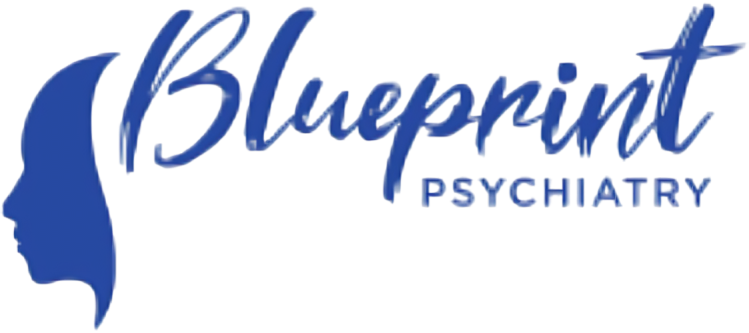Mental health conditions like depression, PTSD (Post-Traumatic Stress Disorder), and OCD (Obsessive-Compulsive Disorder) often pose significant challenges to traditional treatments. While medications and therapy work for many, some patients continue to struggle with persistent symptoms. This is where Transcranial Magnetic Stimulation (TMS) therapy shines as a groundbreaking, non-invasive treatment that offers long-lasting benefits. Let’s explore the science behind TMS therapy, its effectiveness, and the real-life impact it has on mental health.
Understanding TMS Therapy
TMS therapy is a non-invasive treatment that uses magnetic pulses to stimulate specific areas of the brain associated with mood regulation and cognitive function. The procedure is painless and performed in an outpatient setting, with each session lasting about 20 to 40 minutes.
Unlike medications, which affect the entire body and often come with side effects, TMS targets the brain’s prefrontal cortex to restore normal neural activity. This precision has made it a popular option for individuals with treatment-resistant depression, anxiety disorders, PTSD, and OCD.
The Long-Term Impact of TMS on Depression
Depression is one of the most common conditions treated with TMS therapy. Clinical studies and patient testimonials alike highlight its effectiveness. Research indicates that 50-60% of individuals with treatment-resistant depression experience a significant reduction in symptoms after completing a TMS therapy course.
Even more impressive is the lasting impact. Unlike medications, which often require continuous use, TMS results can endure for months or even years with proper maintenance. Many patients report improved mood, better energy levels, and an enhanced ability to manage everyday stress long after the end of their sessions.
TMS Therapy for PTSD: A Path to Recovery
PTSD often leaves individuals feeling trapped in a cycle of fear and anxiety, with triggers that make everyday life overwhelming. TMS therapy offers a beacon of hope for PTSD patients by addressing the hyperactivity in the brain’s fear center, the amygdala.
Studies have shown that TMS can reduce PTSD symptoms such as flashbacks, nightmares, and emotional numbness. By rewiring the brain’s response to trauma, TMS helps patients regain control over their lives.
The Role of TMS in Treating OCD
OCD is characterized by intrusive thoughts and compulsive behaviors that can dominate a person’s daily life. Traditional treatments, like Cognitive Behavioral Therapy (CBT) and medications, work for some but leave others seeking alternatives.
TMS therapy targets the brain’s circuits responsible for obsessive-compulsive behaviors, helping to reduce the intensity of symptoms. A 2019 study published in Brain Stimulation revealed that TMS could significantly alleviate OCD symptoms, especially in patients who did not respond to conventional treatments.
Why TMS Therapy Stands Out
The long-term benefits of TMS therapy lie in its ability to address the root causes of mental health conditions rather than simply masking symptoms. By promoting neuroplasticity—the brain’s ability to rewire and heal itself—TMS provides patients with lasting relief.
Key advantages include:
- Durability: Relief from symptoms can last months or years, with many patients requiring only occasional maintenance.
- Non-Invasive Nature: No surgery or sedation is required, making it a safe and comfortable option.
- Minimal Side Effects: Common side effects, such as mild headaches, are temporary and far less intrusive than those of medications.
Final Thoughts: Is TMS Therapy Right for You?
TMS therapy has proven to be a life-changing treatment for individuals with depression, PTSD, and OCD, especially those who haven’t found success with traditional approaches. The long-term benefits, backed by research and countless patient success stories, highlight its potential to transform lives.
If you’re struggling with mental health challenges, consider discussing TMS therapy with a healthcare provider. With its proven ability to provide lasting relief and restore hope, TMS could be the breakthrough you’ve been waiting for.

